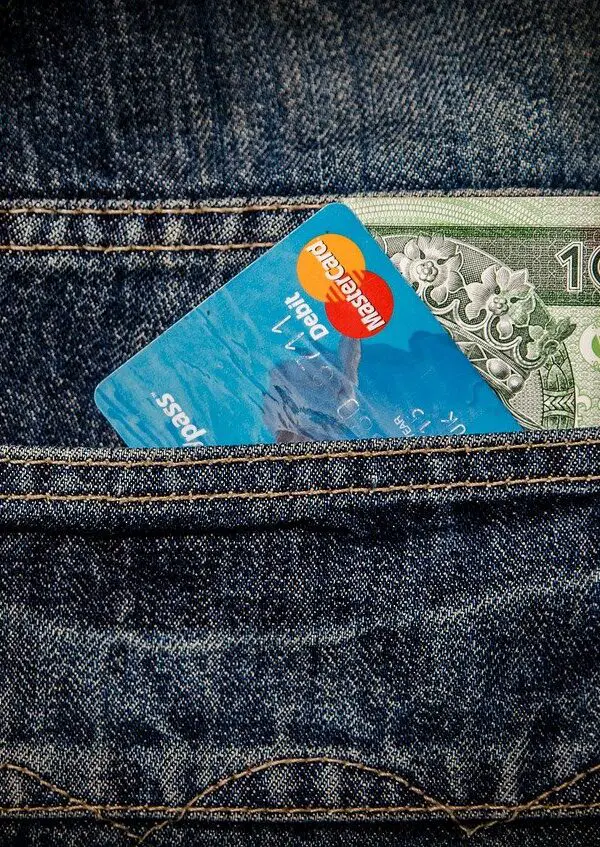
Learning how to organize your finances is vital as it helps you stay out of debt and helps to shape your finances.
The good news is that organizing your finances isn’t as complicated as it appears. It is easy to handle your finances when you have your budget, bills, and papers in order.
This helps you stop worrying about balancing payments or wondering if you’ll have enough money to get you through until payday.
Here are six tips that can help you organize your finances:
1. Keep Track of Your Spending to Boost Your Finances
If you’re not aware of where your money goes or how much you spend each month, you stand a higher chance of improving your spending habits through better organization.
The first step in organizing and saving your finances is knowing your spending habits. You can subscribe to a money management tool to track and document your spending in categories.
This helps you discover how much you’re spending on non-essentials like entertainment, restaurants, or even your daily croissant. Therefore, it’s easy to develop a plan to improve your finances after educating yourself on your poor spending habits.
2. Save for Big Purchases
If you’re looking for better ways to organize your finances and save money, saving up for big purchases is ideal.
It is okay to take a house or car loan since they are big purchases. However, cash is ideal for other big purchases since it’s cost-effective.
Paying with cash helps one avoid accruing interest and accumulating debt that will take ages to repay. But saving money in your bank allows you to save and earn interest that can go to your next big purchase.
3. Create a Reasonable Monthly Budget
If you can determine your monthly spending and take-home earnings, it can be easy to set a reasonable budget that you can stick to.
A reasonable budget should fit your lifestyle and spending patterns. Setting a strict budget limiting eating out when ordering takeout four times a week is unrealistic.
The primary purpose of creating a budget is to encourage better behaviors like frequent cooking at home. But it would be best to allow yourself a realistic chance of sticking to it.
Creating a budget is the best strategy for organizing your finances at home that can work.
4. Build Up Your Savings, However Long it Takes.
An emergency fund is ideal, especially when life throws you a curveball. It doesn’t matter how small or large your contributions are. Having an emergency fund cushions you from potentially dangerous situations.
You can use automatic contributions to help you grow this fund and promote your savings habit.
5. Automate or Schedule Your Bill Payments
Paying bills on time is a simple and effective way to organize your finances. Moreover, this method has many advantages.
For instance, it will prioritize your essential spending and prevent interest and fees. Automatic payment or bill scheduling benefits your credit score and interest rates from a long history of on-time payments.
6. Reduce the Number of Recurring Charges
Examine your budget for recurring costs that you barely use and cancel their subscriptions. This is an excellent way of organizing your finances for small businesses or when married.
Final Thoughts
Why is it necessary to understand how to organize your finances? It helps to get your finances back on the right track. Ensuring you keep track of your spending habits creates a reasonable budget.
Building your savings, scheduling your bill payments, saving for big purchases, and reducing recurrent charges sets you ahead for your financial wins.






